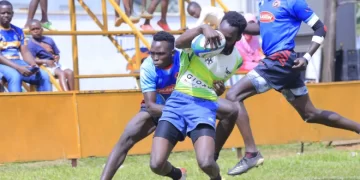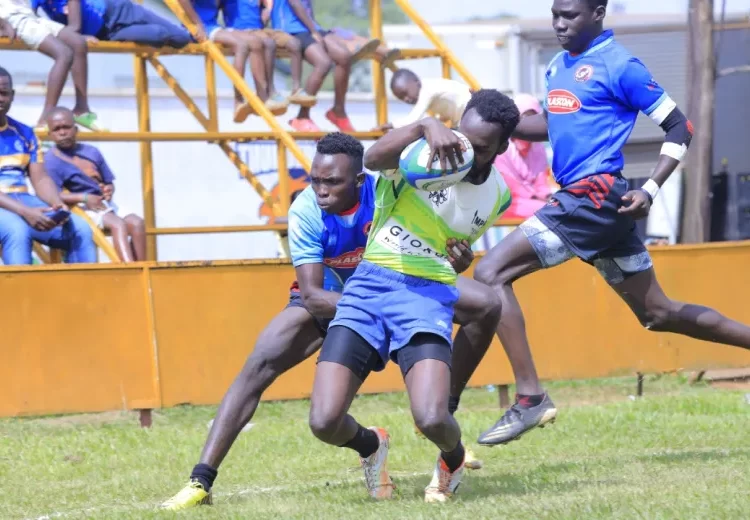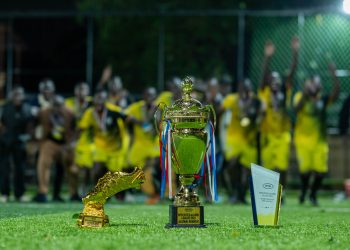BY MUNIRA BUX
Historically, limitations and exclusions in Sport were imposed on the participation of men and women with disability mainly due to the myth that sport, being a representative of physical prowess, could not include those who had impairment.
But as the world evolves, there is progressive inclusion and acceptance. In this story, we highlight the opportunities that sport has provided to a deaf rugby community led by Assistant lady cranes coach fortunate Irankunda.
In the quiet town of Bwebajja at Kabulamuliro church, we met a warm community of rugby players bound by hearing loss.
Their similar condition has brought them together into a family and together they create an atmosphere of joy and happiness, a testimony that with patience, understanding, and true friendship, one can beat any barriers.
Fortunate Irankunda, the assistant coach of the lady rugby cranes and head coach of the Whales rugby academy, bears the vision that brought this special group together. She says after her and her daughter thrived from a challenging life they decided to lend a hand to the less privileged.
“We wanted to share our story so that it inspires others. Also the inclusiveness of rugby inspired us.” Irankunda told NBS Sports.
Their similarities have given them a special appreciation of one another she adds. To them, being deaf is something to celebrate, not frown.
With their nature, one would expect deaf rugby games to be silent outings perhaps with referees waving flags instead of blowing whistles, or players communicating entirely through hand signals.
This is far from the truth, Fortunate adds that they use corns and bibs as colors for the players to react to when summoned since they can’t hear the blowing of the whistle.
“That is why we mix them with the hearing since they can here the whistle they can help the deaf realize when to stop.” Irankunda said.
Fortunate’s inclusive approach to rugby has produced players in the top leagues. Mongers rugby club’s Isaac Mubarak Mubiru is one of those who are quickly growing through the ranks.
She says, to her, this is a lifetime commitment and the parents of some of her students are in awe. Omumbejja Ruth a parent to one of the deaf says, “My child wasn’t able to participate in any of these games because I thought only the hearing could manage BUT Fortunate has been so helpful in showing us the way.”
Obviously, this is not a journey without hardships. The lack of equipment and financial support have even denied them the chance to feature on the global stage but she carries on regardless.
The deaf rugby community had hoped to be part of the world deaf rugby in 2024 but unfortunately because of funds they missed the opportunity. Fortunate encourages the union, league and public to assist saying “I wrote to the Rugby Union CEO and he said they didn’t have a budget for special needs but I’m hoping to receive a recommendation letter from the Rugby League that I can use to apply for funding from NCS.”
If this is not a noble act from Fortunate, then what is? Her commitment to transforming the lives of these differently abled through sport is an example of what sport is all about, giving hope to the hopeless, joy to the sad, and respite to thendisabled.




























